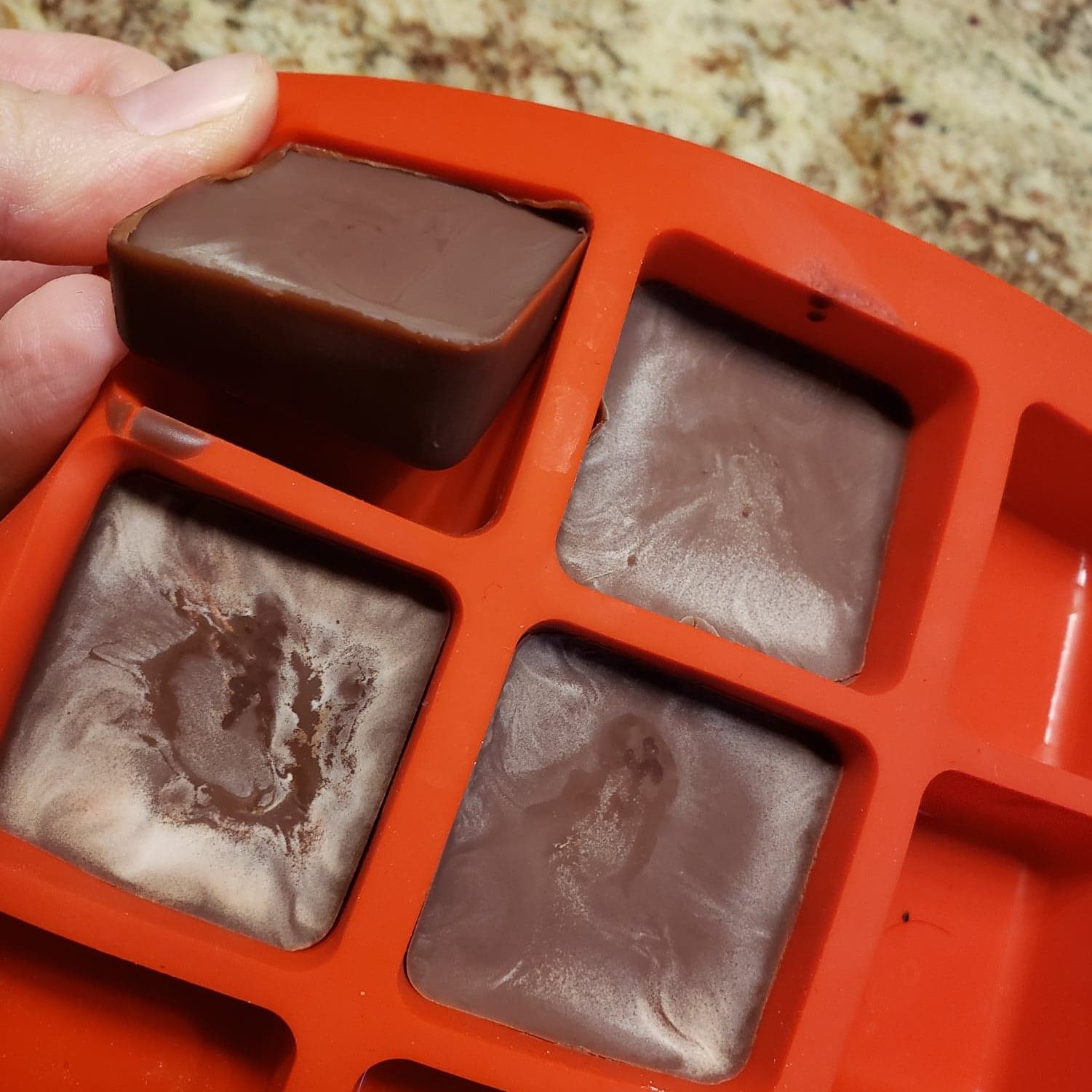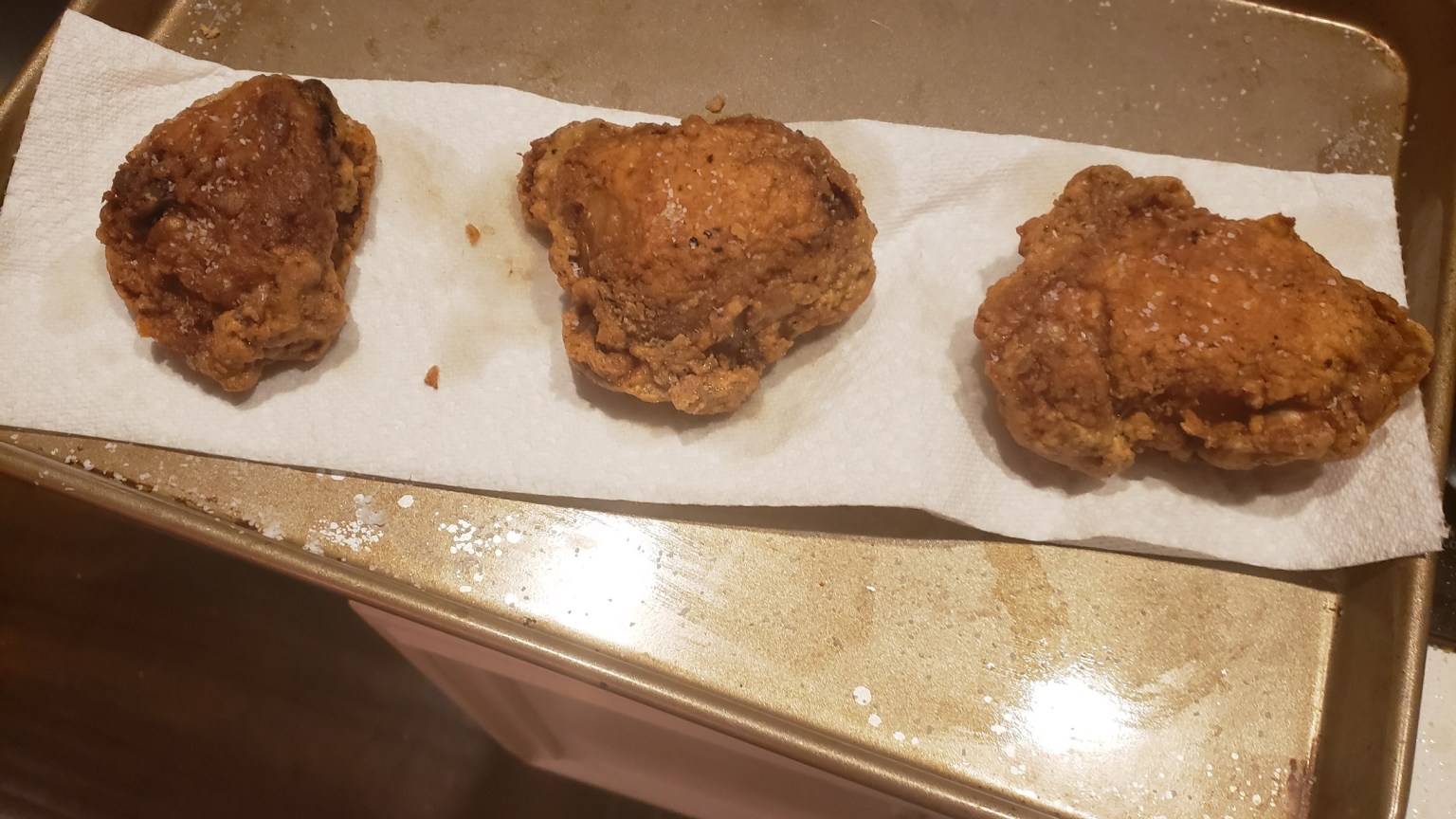Oh, the beautiful Christmas cookie. When I was little, my mom would make literally dozens of different types of cookies. And I would eat all of them.
But this year, now that I've come into my dietary restrictions with a little more awareness, and acknowledgement that there is no skirting around them – I approached this Christmas season with a bit of sadness. No butter. No milk. No flour. The beloved Christmas cookie would need to be modified.
I don't have bowel dysfunction, but I do have my own dietary restrictions, and if I choose not to eat according to those limitations, I find myself with pain and not-so-nice bowel movements. So, with the same gusto for my own dietary accommodations, I believe that when someone presents with a bowel or bladder dysfunction, diet is one of the first things I question.
From what I've heard from the families that I work with, is that when a constipated kiddo goes to any provider, one of the first things recommended is a high water intake or may be the inclusion of prunes. But let me challenge that recommendation, that water nor adding something into the diet is NOT the first thing to work on. In my opinion, a kiddo who is constipated can drink all the water recommended. But if they are still eating something that is upsetting their stomach (with OR without symptoms of pain or discomfort), their GI system will still be upset and therefore won't be able to digest or eliminate to the best of its ability – meaning stool may become so difficult to evacuate, it can actually change the person's elimination mechanisms, and their ability to evacuate stool can be challenged.
So 3 months ago when I had this exciting time of personal dietary reactions, had I just drank enough water, would my symptoms have disappeared? Well, considering I drink over 100 ounces of water per day, my answer to that question is a blunt and confident "no."
Our bodies are engineered with a unique and powerful gastrointestinal system. Our gut and microbiome are what enables our bodies to digest food and develop immunity – more on that another time. But our digestive abilities can only go so far. If our digestive tract has some faults (we are, after all, only human and come with bountiful faults), these faults may limit our ability to digest some foods. If we eat a food that our body cannot properly digest, symptoms occur – these may be easily identifiable, or they may be subtle, but with large impact on our bodies' health.
Reflux. Colic. Poor sleeping patterns. Bloating. Upset tummies. Vomiting. Poor weight gain.
These may be signs that a digestive system is being largely compromised by diet and isn't functioning at its best. Elimination of the dietary component causing the symptoms can be a great place to start. Give it 4-6 weeks for the digestive system to rid of the secondary symptoms from the food (think internal inflammation needs time to go down).
Once the food causing symptoms is eliminated, and the digestive system has time to calm down, the result may be immediate achievement of good bowel health. But it also may not. If a child has been exposed to a food that causes reactions for long enough, they may have developed poor bowel movement mechanics, or their intestines may have learned poor reflexive motility. Either way, if a child has had prolonged exposure to a food that causes symptoms, especially over the period of crucial development of elimination techniques, they may need some help habilitating some appropriate bowel movement techniques. Their bellies may have been in a bloated, and distended state for so long, that their abdominal musculature has developed some inappropriate tightness or disuse.
So, what to do?
- Eliminate the food which is causing a reaction.
- Normalize the bowel movement techniques and bowel habits.
- See a pelvic health specialist if bowel habits and bowel movements don't normalize on their own.
So back to cookies.
I love baking Christmas cookies for others – and for my husband – and for myself. But this year, my husband challenged me. I wanted to bake 100% all gluten and dairy free cookies – to save time throughout the baking process. He challenged me and noted that this option would be significantly more costly than just baking a few gluten and dairy free cookies. I was sad. This would mean I would need to go through the baking process twice. But it would mean everyone – including myself – would be able to eat Christmas cookies.
Having dietary restrictions can be difficult. Frustrating. And it definitely causes some additional planning. But in the end, if I (and others) can achieve normal and healthy gut and bowel health, it is 100% worth it.
Can you identify any parts of your family's diet that could be contributing to less-than-ideal bowel and gut health? Does anyone in your family have symptoms that they are glossing over, but continue to be present on a regular basis? What parts of your family's diet could be better, that might help your family achieve better gut and bowel health?
Related Posts










